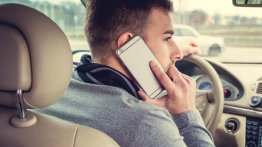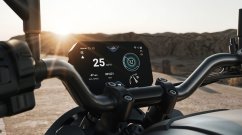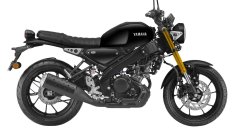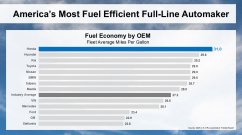Motorcycling is a dangerous business. For hardcore motorcycling enthusiasts like me, riding a bike is possibly the best thing they do in what they otherwise consider a rather utilitarian life. However, all is not rosy for people like us. Riding a motorcycle means accepting the fact that at some point in time you may crash. You may be a great rider and believe that you never make mistakes, but there is no such thing as a rider who will never crash. Be it your fault or the reckless riders/drivers on the roads, crashes are part and parcel of our lives. But how do you come back from it? Here are 5 tips one should keep in mind while getting back to riding after a crash.
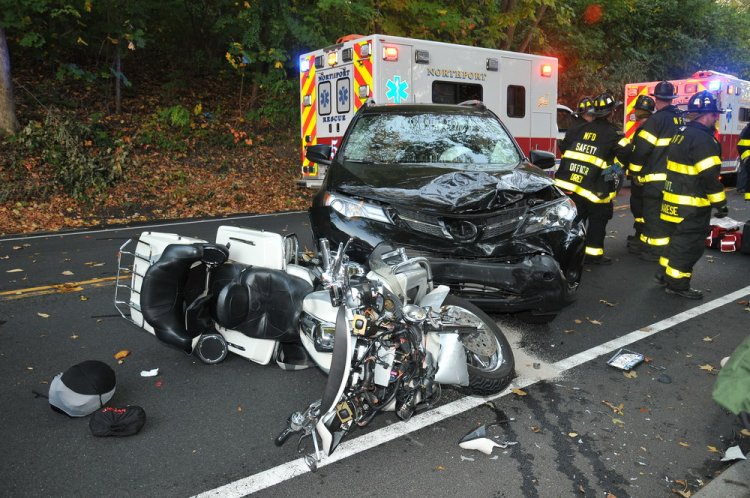
Riding Gear
A helmet is the most important part of your riding gear. It not just protects the head from fatal injuries but also reduces the severity of impact, thereby reducing the extent of the injury. That’s not all, it also protects your head from the elements while riding. Sadly, though, helmets, just like car airbags, are designed to withstand one impact only. The first thing which one should do before getting back to riding after a crash is to get a new lid. Sure they are expensive, but better spend on a good (and well fitted) helmet than risk your life.
Right, so you got yourself a new helmet. What about your jacket, riding pants/knee guards and boots? While these may be able to withstand minor crashes, remember that any ripped off gear should be replaced with new ones. Also, follow the philosophy of ATGATT (All The Gear All The Time). This will protect you in case of future crashes helping you to get back to your feet faster.
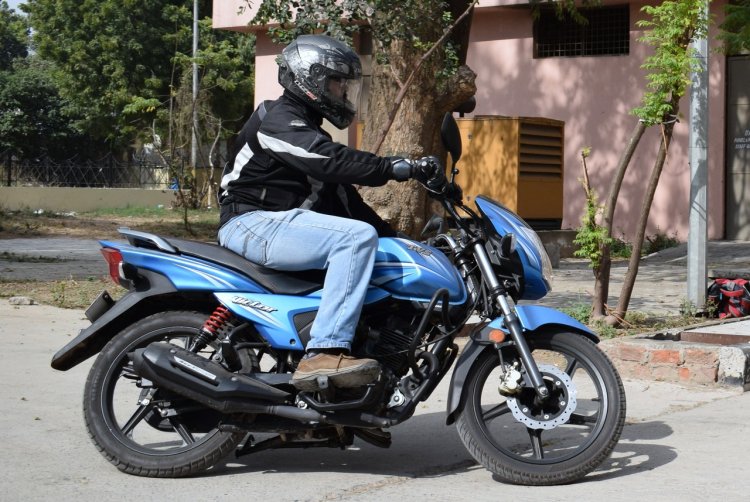
Analysis of crash
While some may say that dwelling on the past is not the way of life, motorcycle crashes are very important to be analysed. However, the thing to be kept in mind is not to dwell on it too much and let fear take over your riding. Analysing a crash will not only help a rider know their limits but also prepare them to deal with similar situations better in the future. Was it raining or was it sunny? What was the condition of visibility at the time of the crash? Was it another rider (or driver)? Did you check the condition of the motorcycle before starting the ride? What was the condition of the road (crash site) when the incident took place? Careful analysis of these parameters (and more) will go a long way in making you a better rider.
Yes, no amount of analysis and learning will stop you from making the same mistake again, but chances are high that you will be more confident to take on the situation. You may also do everything right and yet end up in the same situation. But do not give up my friend. Bounce back and get ready to feel the wind.

Rider condition
Waiting for a full recovery is very important. Consult a doctor after a crash and follow all the suggested precautions. Riding before healing fully will not only put you at risk but also other road users. It might even hinder your recovery.
Now by recovery, I do not mean being just physically fit. A big part of this includes recovering mentally and emotionally. It is very common for motorcycle riders to experience PTSD (Post-Traumatic Stress Disorder). It takes more time than you realise to get the fear created from a crash out of your mental frame. So the key is to reach a point where the desire to ride is greater than your fear of crashing. Every rider is different and has their own way of getting over things. One way of dealing with it could be talking to other riders, be it about motorcycling, about the crash or about new places to ride.
Read More: Royal Enfield Bullet Trials Works Replica - A Legacy of Champions and Modern Times
The motorcycle
Motorcycles are delicate. There is no going around this fact. Crash protectors are a saviour in most case but hard impact crashes may end up harming the motorcycle. Get your motorcycle checked at an authorised service centre before riding again. Also, check the level of fluids and condition of brake/clutch levers. If the motorcycle is too battered, then you might want to upgrade your ride. In this case, always aim to buy motorcycles with newer safety features. Anti-lock braking system (ABS) is a great way to save yourself from an accident by reducing the chances of skidding.
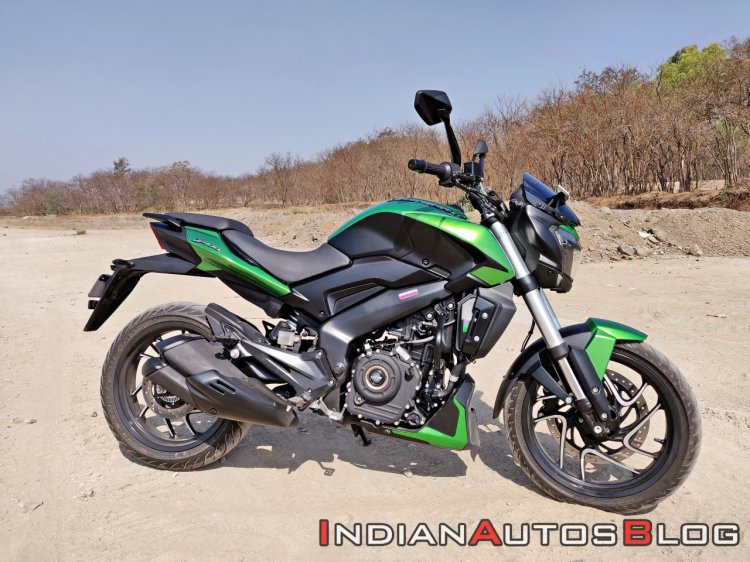
Right, so you got the bike cleared. Ready to hop on? Wait! What about the unseen damage? Bent chassis, forks and handlebars are difficult to detect. Do a double check on these parts, taking help from an experienced rider or a trusted mechanic.
Read More: 8 really bad habits driving habits that Indians are guilty of
Acceptance
Take a coin from your pocket and flip it. There is always a 50% chance of it being heads and vice versa for tails. You have been riding for years without an accident, and you shall always be as safe as you were before a crash. Acceptance has a major role to play in case of crashes. The first reaction many riders have after crashing is that of anger. Try and channel the negativity out and accept the crash. Even the best of two-wheeler riders make mistakes. Do not peer pressure fool you, and get back on the motorcycle only if you believe you are fully ready.
A lot of motorcycle riders go through anxiety after a crash. Right from the cause of the accident to recovery time. There is no sure shot, masterplan to deal with this. Sometimes talking to other riders help, while at times, patience is the only solution. However, if the problem persists, there is no shame in seeking help.
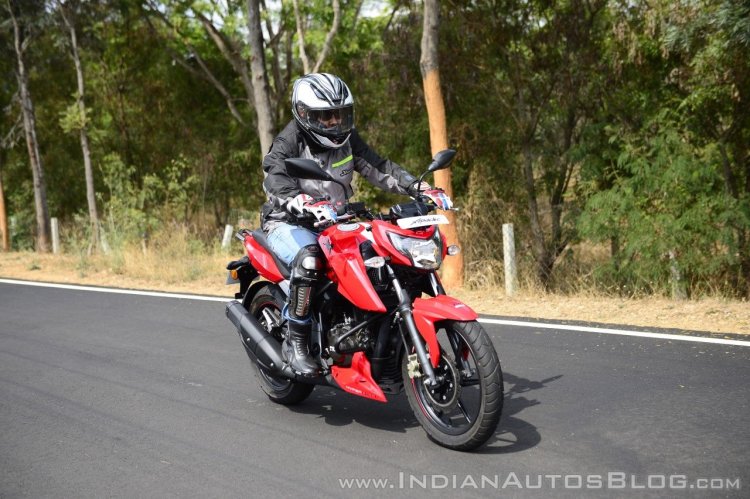
Yes, motorcycling is dangerous, we all knew this when we signed up for it, especially in a country like India, right from road conditions to other road users. Taking precautions is important. Always strap on a helmet (which fits properly) and wear appropriate riding gear. Practise your riding in a safe environment before getting back to riding full time on public roads. Attend a riding school if possible and read about motorcycling. Yes, a lot of these points are something which we already know, but following them will go a long way.
Good luck and happy riding!


